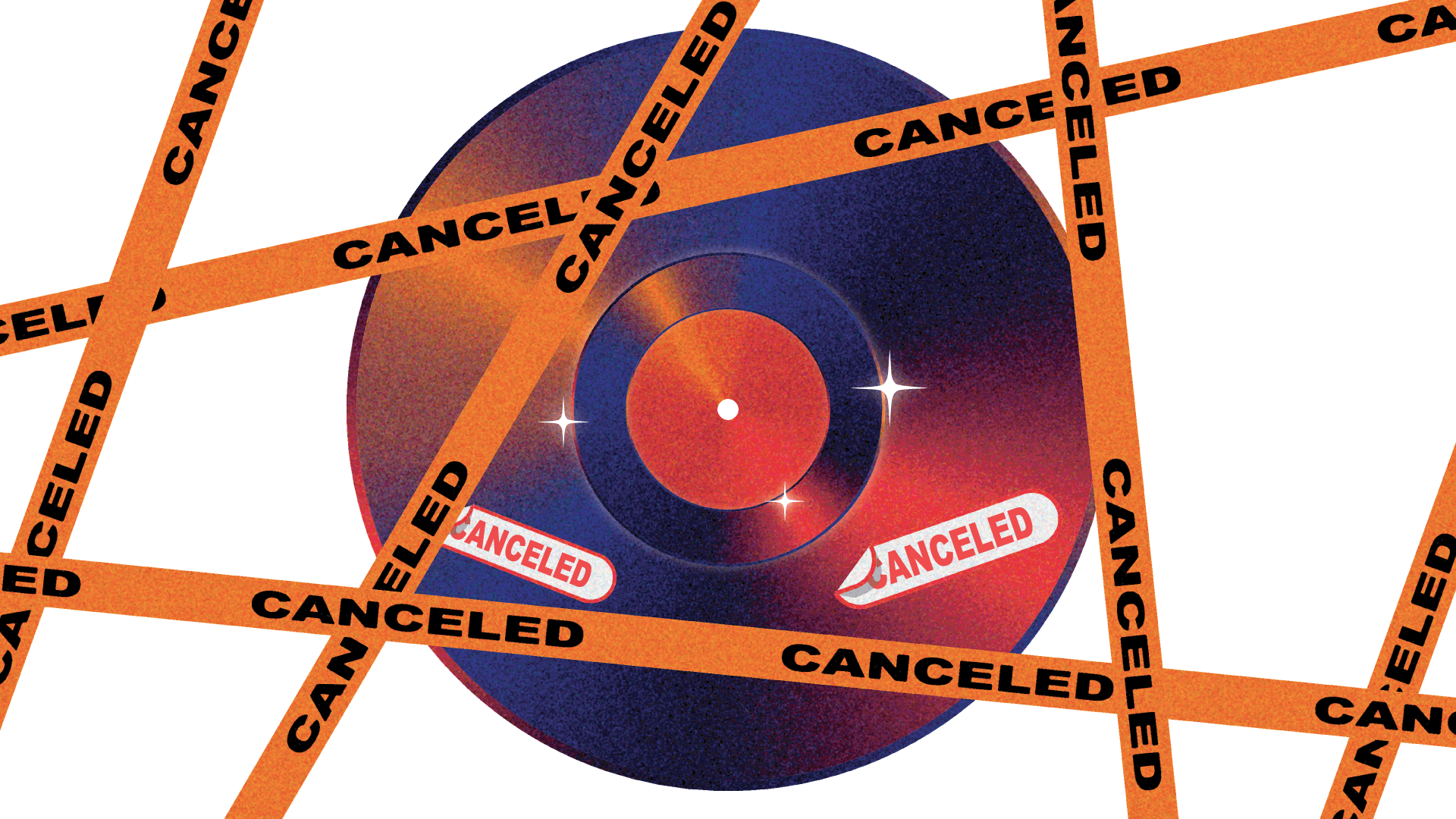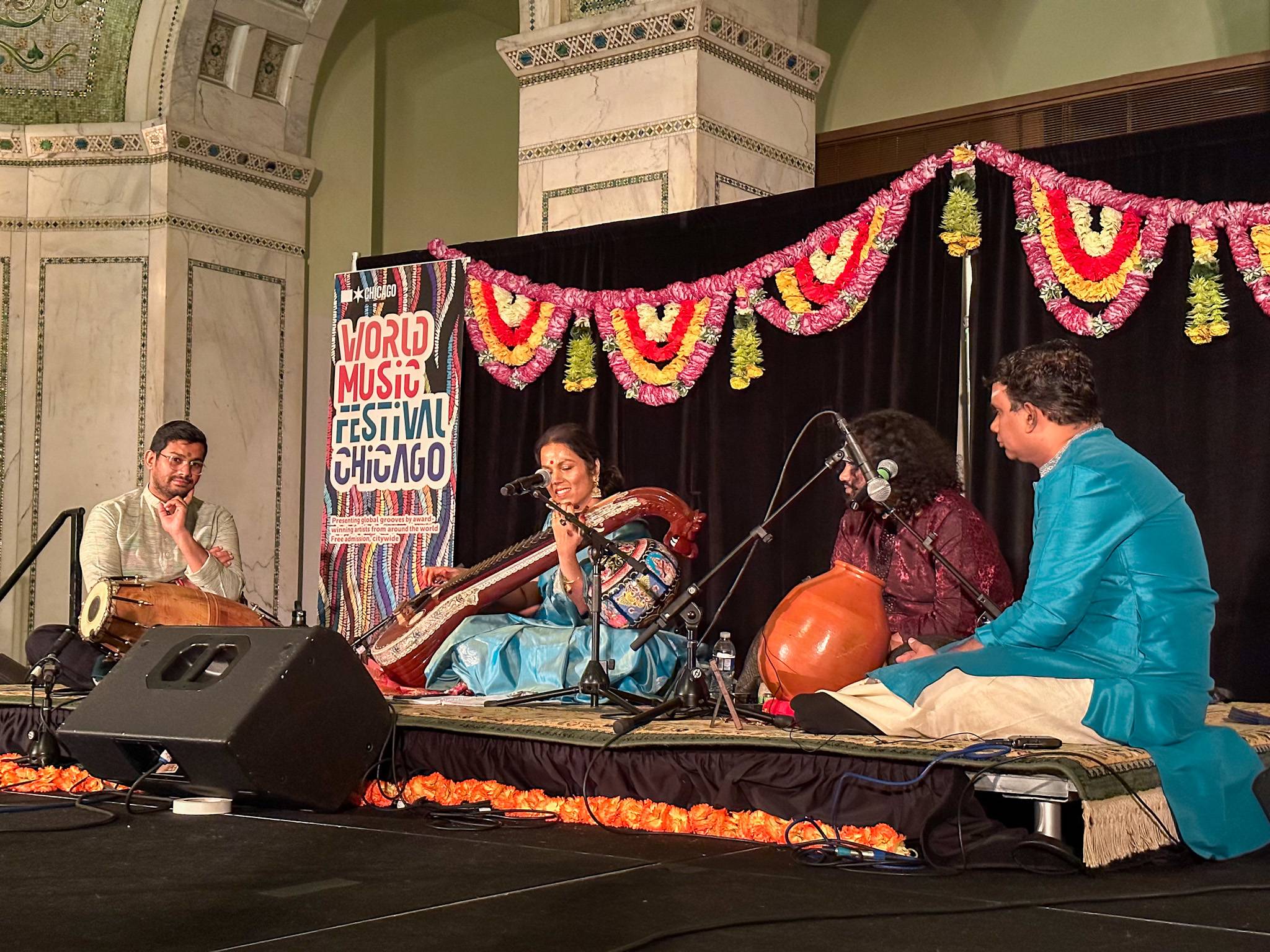Howard Alk Film Retrospective
January 9-February 1, 2009
Throughout the month of January, the Chicago Film Archives, with the generous support of the Illinois Humanities Council, organized the first ever retrospective of the work of the late Chicago filmmaker Howard Alk. With credits that range from editor, cinematographer and director to writer and actor, Alk is a local legend best known for documentaries that helped define the social and political climate of the American 1950s (Cry of Jazz), ‘60s (American Revolution 2), and ‘70s (Janis, Eat the Document, Hard Rain, The Murder of Fred Hampton, Renaldo and Clara) often through the portrayal of musical icons like Sun Ra, Janis Joplin, and Bob Dylan.
Howard Alk: A Life on the Edge, hosted by Chicago Public Radio’s Alison Cuddy, was presented at two venues: the Chicago Cultural Center and the Gene Siskel Film Center. The program at times screened double features and included guests like Cry of Jazz producer Ed Bland and University of Chicago lecturer Judy Hoffman. During the screening of Cry of Jazz, which is credited as the first hip-hop film, producer Ed Bland remarked that Alk had a “funny antenna” and was “aware of many turns in terms of probes into the culture going on.” Bland, a Chicago native, remarked, “one of the functions of art is that it should move you. It should [make you] have a vivid emotional reaction.” In his introduction to Cry of Jazz, Bland said, “You may not like it, you probably won’t.”
What Bland may have been trying to express is that Alk’s films capture harsh realities and politics in a way that most audiences might find uncomfortable, hyperbolically comical, or politically incorrect. In Cry of Jazz, for example, one of the characters claims that jazz “music is more freeing than the Constitution and the Bill of Rights,” a “musical expression of triumph of the Negro spirit,” and a “swinging feeling of freedom” for the “futureless future.” The film declares the death of jazz and produces sentiments that seem ironic and outdated and yet all the more significant while viewed in the current era of America’s first black President. “[Cry of Jazz] wasn’t a commercially viable length and we didn’t give a damn,” Bland said. Like Bland, Alk’s visions at times alienated audiences. His films focused on the offbeat, the tumultuous, and the radical.
A Life on the Edge culminated at the Gene Siskel Film Center, with a screening of And This is Free, a documentary about Chicago’s original Maxwell Street Market, and My Friend Vince, a documentary about a Toronto street hustler. An alumnus of University of Chicago (he enrolled in 1944 at the age of 14) and co-founder of Second City (1959), Alk’s footsteps are deeply rooted throughout Chicago. His films such as And This is Free highlight the lesser-known wonders of the Windy City and showcase a cast of characters that truly produce a vivid reaction from their viewers.
The films screened during A Life on the Edge are of various lengths and subjects and probably cannot be found on YouTube or Netflix, Blockbuster or iTunes. Unconcerned with commercial success, Alk’s work combines captivating sounds and images shot in the streets of Chicago that represent and reflect the diversity and struggles of a changing Nation.




















